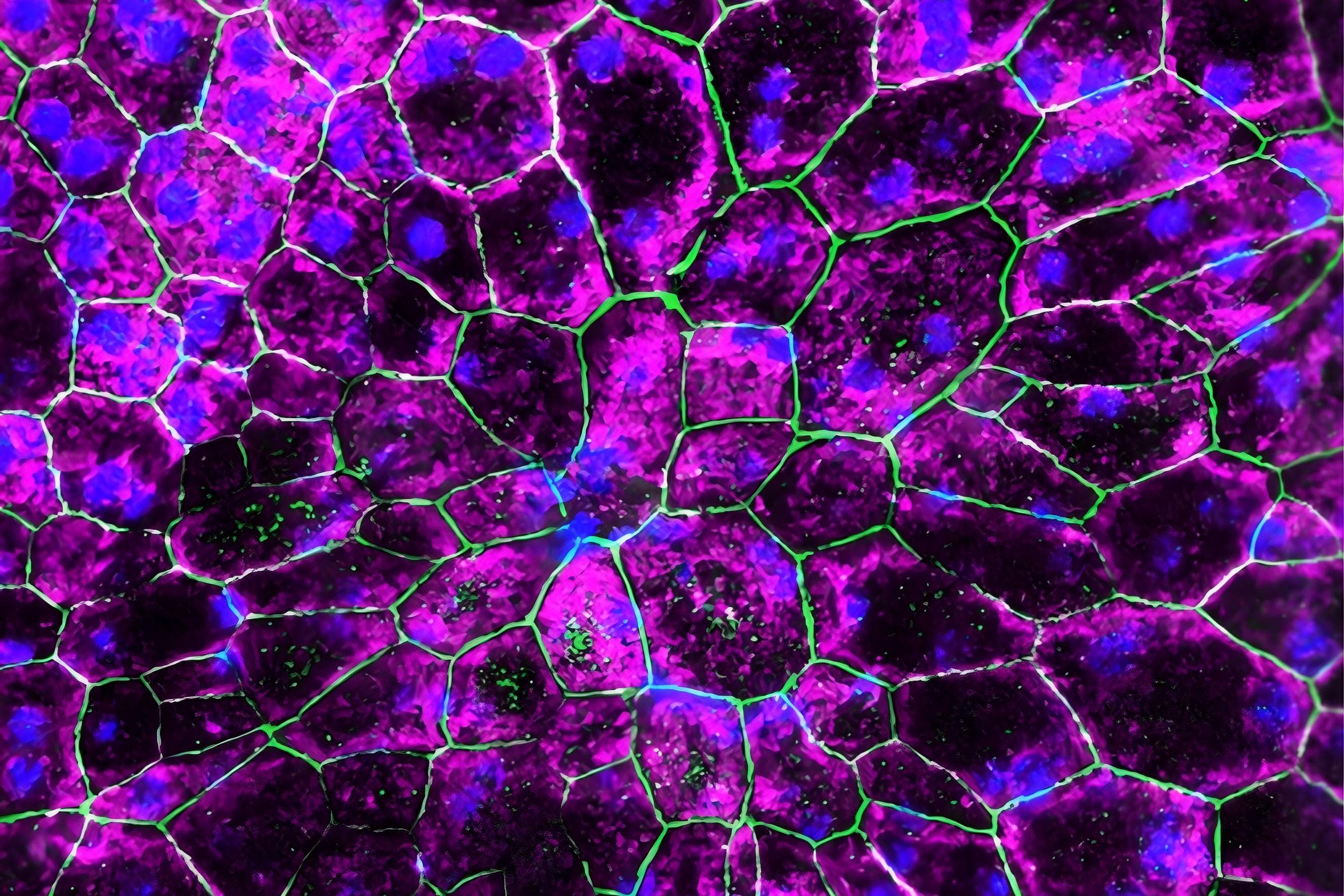Boosting key eye cells protein ‘could protect older adults against sight loss’
The breakthrough could pave the way for gene therapies to prevent eye degeneration, scientists suggest.

Your support helps us to tell the story
From reproductive rights to climate change to Big Tech, The Independent is on the ground when the story is developing. Whether it's investigating the financials of Elon Musk's pro-Trump PAC or producing our latest documentary, 'The A Word', which shines a light on the American women fighting for reproductive rights, we know how important it is to parse out the facts from the messaging.
At such a critical moment in US history, we need reporters on the ground. Your donation allows us to keep sending journalists to speak to both sides of the story.
The Independent is trusted by Americans across the entire political spectrum. And unlike many other quality news outlets, we choose not to lock Americans out of our reporting and analysis with paywalls. We believe quality journalism should be available to everyone, paid for by those who can afford it.
Your support makes all the difference.Boosting a key protein in eye cells could help protect adults aged 50 and older against the biggest cause of sight loss, scientists have found.
Age-related macular degeneration (AMD) – a common condition impacting the middle part of a person’s vision – affects around 700,000 people in the UK and currently has no effective treatments.
A research team led by the University of Bristol discovered that increasing the levels of a protein called IRAK-M helped protect the retina – the thin layer of tissue at the back of the eye that is essential for maintaining vision.
Our findings suggest that boosting a protein called IRAK-M could be a potential treatment strategy for AMD and could offer an exciting new therapeutic target for this common condition for which effective therapies remain elusive
The researchers said this breakthrough could potentially pave the way for gene therapies that could boost IRAK-M levels to protect against AMD.
Andrew Dick, professor of ophthalmology from Bristol Medical School at the University of Bristol and director of the UCL Institute of Ophthalmology, said: “Our findings suggest that boosting a protein called IRAK-M could be a potential treatment strategy for AMD and could offer an exciting new therapeutic target for this common condition for which effective therapies remain elusive.”
AMD mainly affects people over the age of 50.
It does not cause total blindness but can make everyday activities such as reading, driving and recognising faces difficult.
The exact cause of AMD is unknown, but has been linked to smoking, high blood pressure, being overweight and having a family history of the disease.
The IRAK-M protein is a key part of the immune system that helps protect the retinal pigment epithelium (RPE) – a layer of cells crucial for maintaining a healthy retina.
Damaged RPE cells can cause serious eye conditions and vision loss.
The researchers found IRAK-M decreases with age – especially in RPE cells – and this decline is more pronounced in those with AMD.
Findings showed that increasing IRAK-M levels helped reduce retinal degeneration.
The researchers have created a spin-out company called Cirrus Therapeutics to explore new therapies for AMD.
Dr Ying Kai Chan, Cirrus Therapeutics co-founder and chief executive, said: “This discovery will build and improve upon current treatments for AMD, which are targeting single pathophysiology pathways.
“Our novel approach not only addresses the multiple pathways involved in treating AMD but also offers the most compelling and evidence-based strategy available today.”
The findings are published in the journal Science Translational Medicine.